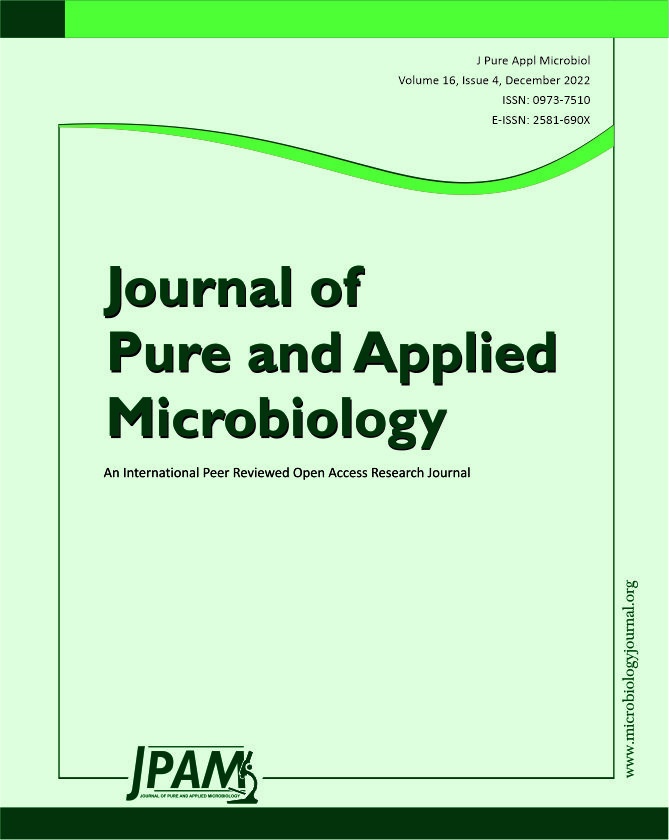This current study investigates the biological efficiency of essential oils extracted from Bistorta affinis and Malcolmia cabulica on human and foodborne pathogens as well as against insects and termites. The oils were obtained by steam distillation using a Clevenger-type system and analyzed for their constituents using GC-MS. Twenty compounds were identified, wherein carvacrol and thymol were the main constituents in both plants. Essential oils exhibited significant activity against all tested foodborne bacteria, fungi, and other pathogens. In addition, essential oils from both plants have shown promising activity against all tested insects, which is a positive sign of being used as an insect repellent. In contrast, no activity was observed against termites. The bioactivities are mainly due to carvacrol and thymol’s levels in the essential oils that known for their effectiveness against foodborne pathogens and pests. The present study constitutes a basis for further investigation and development of bioactive compounds in Bistorta affinis and Malcolmia cabulica.
Carvacrol, Thymol, GC-MS, Biological Activities, Insecticidal Activity, Antifungal Activity
© The Author(s) 2022. Open Access. This article is distributed under the terms of the Creative Commons Attribution 4.0 International License which permits unrestricted use, sharing, distribution, and reproduction in any medium, provided you give appropriate credit to the original author(s) and the source, provide a link to the Creative Commons license, and indicate if changes were made.


